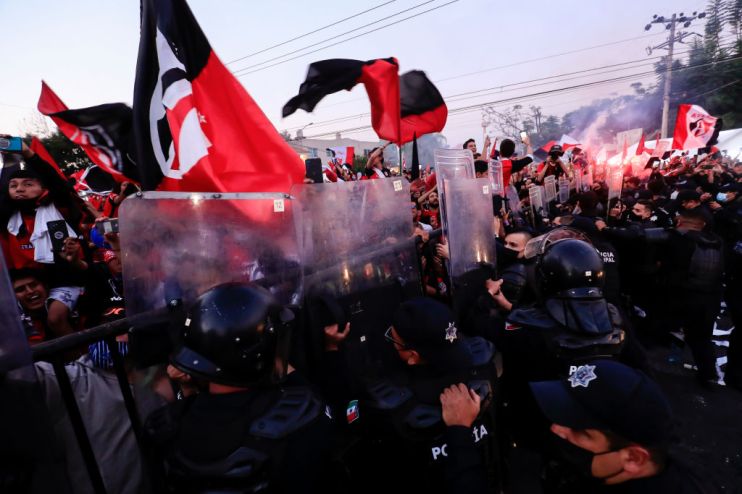Breakdown in social cohesion to put global economy in a vice, warn world’s top business brass

A breakdown in social cohesion will cause volatility to ripple throughout the world, putting the global economy in a vice.
The risk of social upheaval has intensified sharply since the onset of the Covid-19 crisis and now poses a real threat to eroding multilateral cooperation and derailing the global economy, according to a survey of the world’s top business and political brass released yesterday by the World Economic Forum (WEF).
“Disparities that were already challenging societies are now expected to widen… at the risk of increasing polarisation and resentment within societies,” the latest edition of the WEF’s annual Global Risks report said.
Just one in 10 global political and business leaders expect the global economic recovery to power on over the next three years.
Saadia Zahidi, managing director of the WEF, warned: “Health and economic disruptions are compounding social cleavages.”
“This is creating tensions at a time when collaboration within societies and among the international community will be fundamental to ensure a more even and rapid global recovery.”
Failing to effectively tackle climate change was identified as the top risk to the world by business and political leaders, while extreme weather events were seen as the biggest threat over the next two years.
Soaring inflation across the world, driven higher by commodity and energy prices taking off, will plunge millions into a livelihood crisis over the coming years.
The WEF’s survey of business and political chiefs found over 30 per cent think a livelihood crisis is a critical threat to global stability in the next two years.
Inflation, which erodes peoples’ living standards if incomes fail to keep pace, has scaled to historic highs in the globe’s top economies.
Prices are 5.1 per cent higher than they were a year ago in the UK, the highest rate of inflation in more than a decade, while in the US, the cost of living is already running at a near four decade high of 6.8 per cent. Both countries’ inflation rates are expected to trend above seven per cent soon.
The deluge of spending to fight the Covid-19 crisis has left governments overseeing developed economies awash with eye watering levels of debt which are likely to eat into administrations’ room for fiscal maneuver.
“Debt burdens are now high and public budgets will continue to be stretched after the pandemic, even as they are needed for financing just and green transitions,” the WEF said.
Embarking on programmes to wean the global economy off carbon-intensive production processes to mitigate the worst effects of climate change may ignite social unrest.
The WEF said: “Shifting away from carbon-intense industries, which currently employ millions of workers, will trigger economic volatility, deepen unemployment and increase societal and geopolitical tensions.”